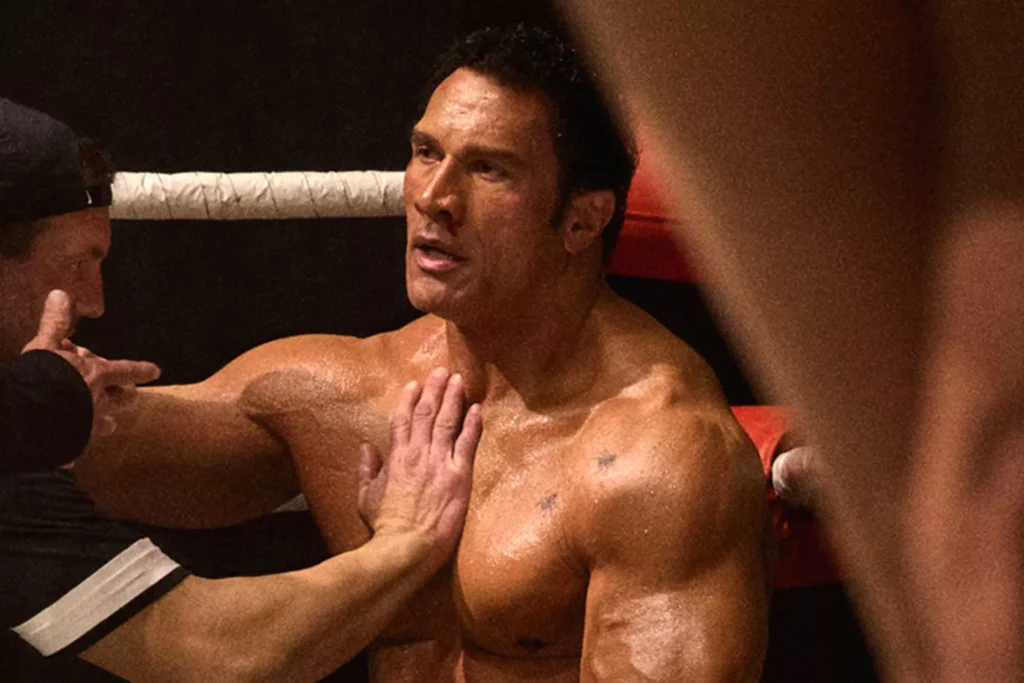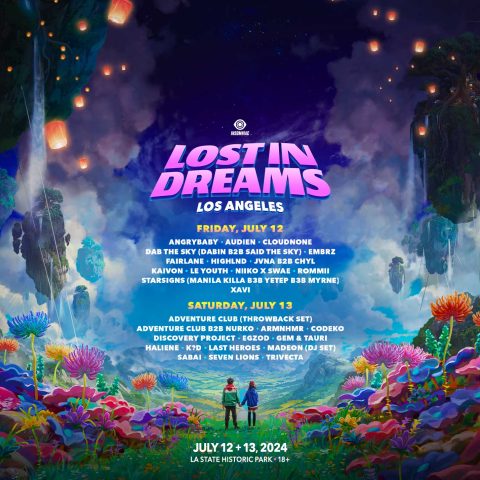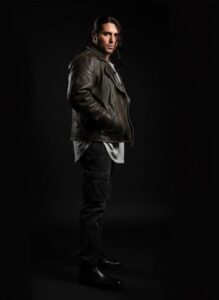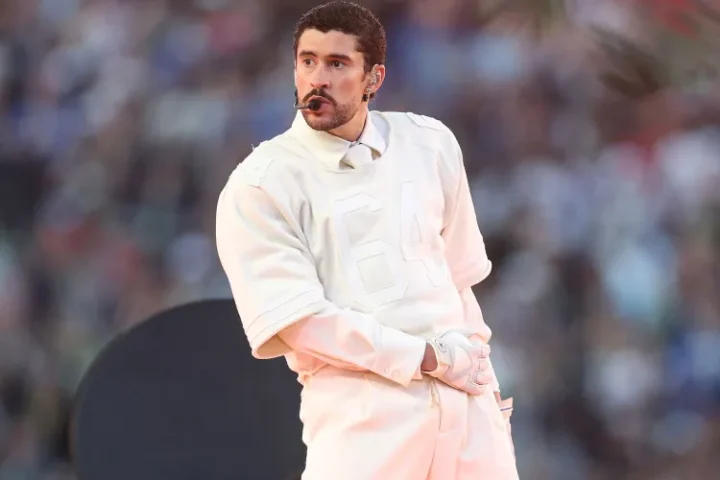Dwayne Johnson Breaks Free from Hollywood Typecasting with The Smashing Machine
At Venice, Johnson sheds his action-hero image with a raw, dramatic turn as MMA fighter Mark Kerr.

The Rock embraces a raw, dramatic role as MMA legend Mark Kerr, earning early Oscar buzz at Venice
For more than two decades, Dwayne “The Rock” Johnson has dominated Hollywood as one of its most bankable action stars. From Fast & Furious blockbusters to the adventure-filled Jumanji franchise, the former pro wrestler built a career on muscle, charisma, and box-office appeal. But beneath the surface, Johnson admits he has long wrestled with feeling “pigeonholed” into a single lane.
This week, at the Venice Film Festival, Johnson unveiled a very different side of himself in The Smashing Machine, a gritty biopic directed by Benny Safdie (Uncut Gems). Starring as MMA fighter Mark Kerr, with Emily Blunt portraying Kerr’s then-wife Dawn Staples, Johnson delivers a performance critics are calling his most vulnerable and transformative yet.
Breaking the Mold
“I just had this burning desire and this voice that was saying, ‘Well, what if?’” Johnson told reporters in Venice. “What if there is more, and what if I can? A lot of times it’s harder for us—or at least for me—to know what you’re capable of when you’ve been pigeonholed into something.”
Johnson admitted that the pull of box office expectations often kept him in familiar territory. “When you’re in Hollywood, it had become about box office, and you chase the box office,” he said. “It can push you into a category, into a corner. ‘This is your lane. This is what you do. This is what people want you to be. This is what Hollywood wants you to be.’”

While Johnson acknowledged that many of his blockbuster projects were fun and successful, he confessed to feeling conflicted: “Some were really good and did well, and some not so good.”
A Raw New Chapter
In The Smashing Machine, Johnson’s portrayal of Kerr is both physical and deeply emotional. Early reviews have praised his ability to tap into a dramatic range rarely seen in his career, balancing the intensity of MMA’s brutality with the personal struggles of addiction and identity. The result has sparked early Oscar buzz, a first for Johnson’s career.
Asked if he felt he had anything left to prove to Hollywood, Johnson shook off the notion. “I don’t think it’s anything to prove to Hollywood as much as it’s just for me now,” he reflected. “I looked around a few years ago and started to think, ‘Am I living my dream or am I living other people’s dreams?’”
That realization, he explained, forced him to make a choice: “You could either fall in line and say, ‘It’s status quo, things are good, I don’t want to rock the boat.’ Or you go, ‘No, I want to live my dreams now and tap into the stuff I want to tap into.’”
A Defining Role
For Johnson, The Smashing Machine is more than a film—it’s a turning point. “I finally have a place to put all this stuff that I’ve experienced in the past, the stuff I’ve shied away from or been scared to go deep with. Until now.”
With Safdie’s direction and Blunt’s steady presence alongside him, Johnson appears poised to redefine his Hollywood legacy—not just as the action hero audiences know, but as a dramatic actor capable of depth, vulnerability, and grit.
The Smashing Machine opens in theaters on October 3.




















